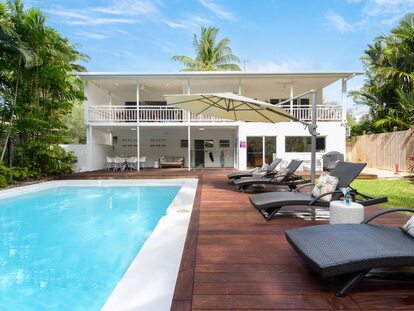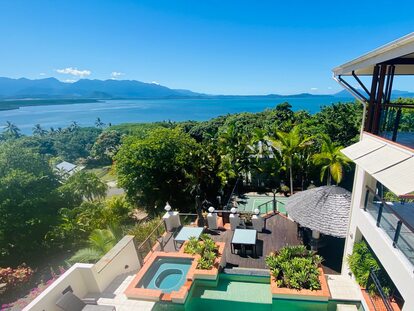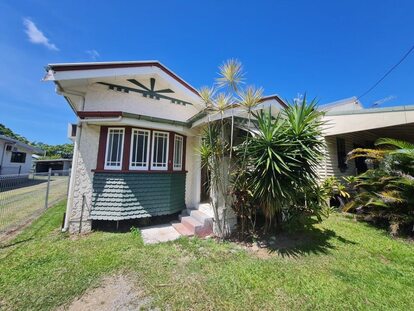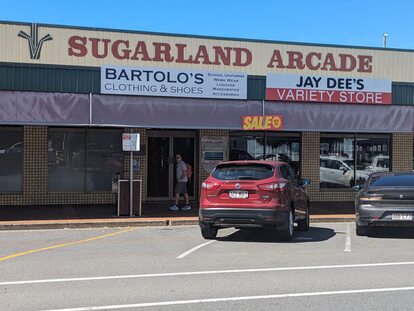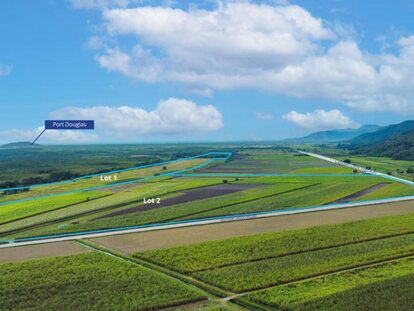The wrong Aussie dream threatened David Attenborough’s favourite place
Letter to the Editor
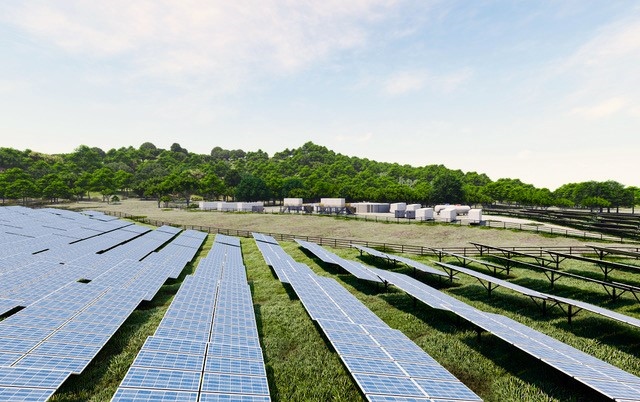
The so-called “Daintree microgrid” Lawrence Mason is promoting was from the beginning, a dream enthusiastically adopted by the LNP member for Leichhardt, Warren Entsch, which, if implemented it would encourage suburban development of the coastal part of the World Heritage Daintree Rainforest, described by David Attenborough as “the most extraordinary place on Earth”.
The Bjelke-Petersen government, in the 1970s, subdivided large areas of this coastal icon for residential blocks, the Quaid subdivision. Subsequent Labor governments invested millions buying back these blocks of land for conservation and tourism, supported by conservation-minded organisations raising money to buy and conserve rainforest.
These efforts saved the Daintree coast from becoming suburbia, however the micro-grid threatened to reverse this. Continuing action is needed to adequately conserve the region.
However, Quaid also promised grid power and never delivered, so this issue has been a long and divisive one in the area.
Touted from the beginning as a renewable energy world first, using the as yet unproven but much hyped “hydrogen” technology, powered by solar, it hoped to attract investors to pay for, and run, the system. What was unsaid was that it was a means to provide 240-volt grid power under the pretence it would save on diesel-generated supply.
The fact that hydrogen as a power storage is inefficient compared to ever improving battery technology (less than 40 per cent versus 95 per cent efficiency) was hidden from view.
Microgrids sharing power and battery storage are a great idea and work well when users are close. This project had neither: over 300 potential users spread over 40km of rugged World Heritage listed coastline and with no power sharing; that is input of excess power from each user INTO the grid. Stand-alone solar/battery systems are vastly more efficient in these circumstances and most residents already have these, hence a lack of interest to connect to the proposed grid.
The drivers and potential beneficiaries were a handful of tourism businesses who had refused to invest in solar, or batteries, because people like Warren Entsch promised them reticulated 240-volt power, paid for of course, by taxpayers and phantom investors – who were told that their investment would be saving the Daintree.
Resident’s expectations were never surveyed and there was never a business case published. The $20 million of initial funding (of the expected $80 million cost) was rushed through parliament in the closing weeks of the Morrison government leaving no time for a disallowance motion in the Senate.
Worse, repeated freedom of information requests over many years were refused on the grounds of “commercial in confidence.”
A major study of the project by KPMG and GH&D in 2019 found stand-alone systems to be more reliable, lower environmental footprint and a fraction of the price.
What a tragedy that government investment turned from conservation to a development push that included grid power, a bridge over the Daintree River and development of a coastal main road to Cooktown, all in the world’s oldest rainforest and one of the “rarest and most irreplaceable” ecosystems on the planet and centrepiece of the shire’s ecotourism industry.
Mike Berwick AM, Mayor DSC 1991 – 2008
Dr Hugh Spencer, Director, Australian Tropical Research Foundation, Cape Tribulation
Dr Doug Quarry, General Practitioner, Mossman Gorge
Support public interest journalism
Help us to continue covering local stories that matter. Please consider supporting below.













